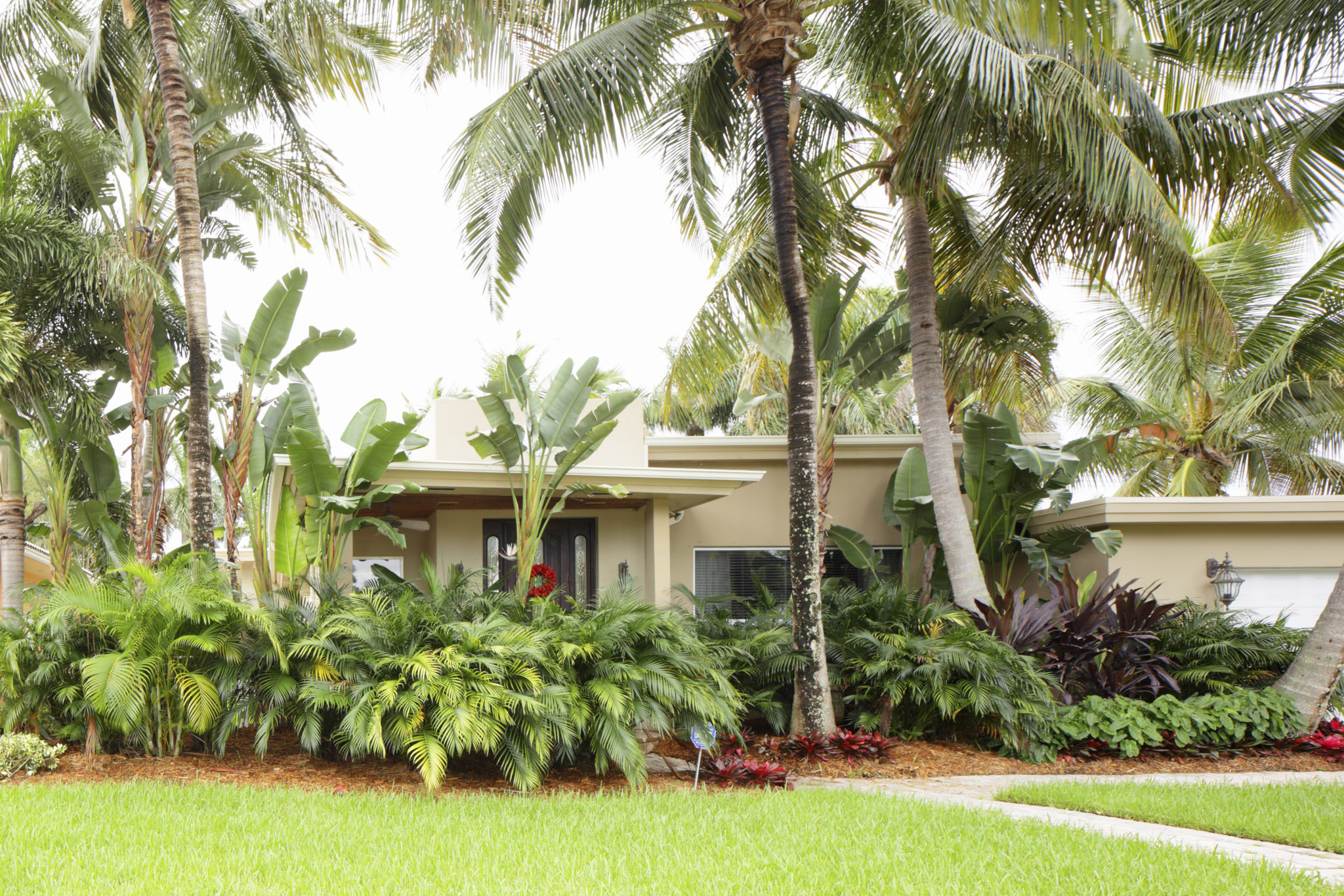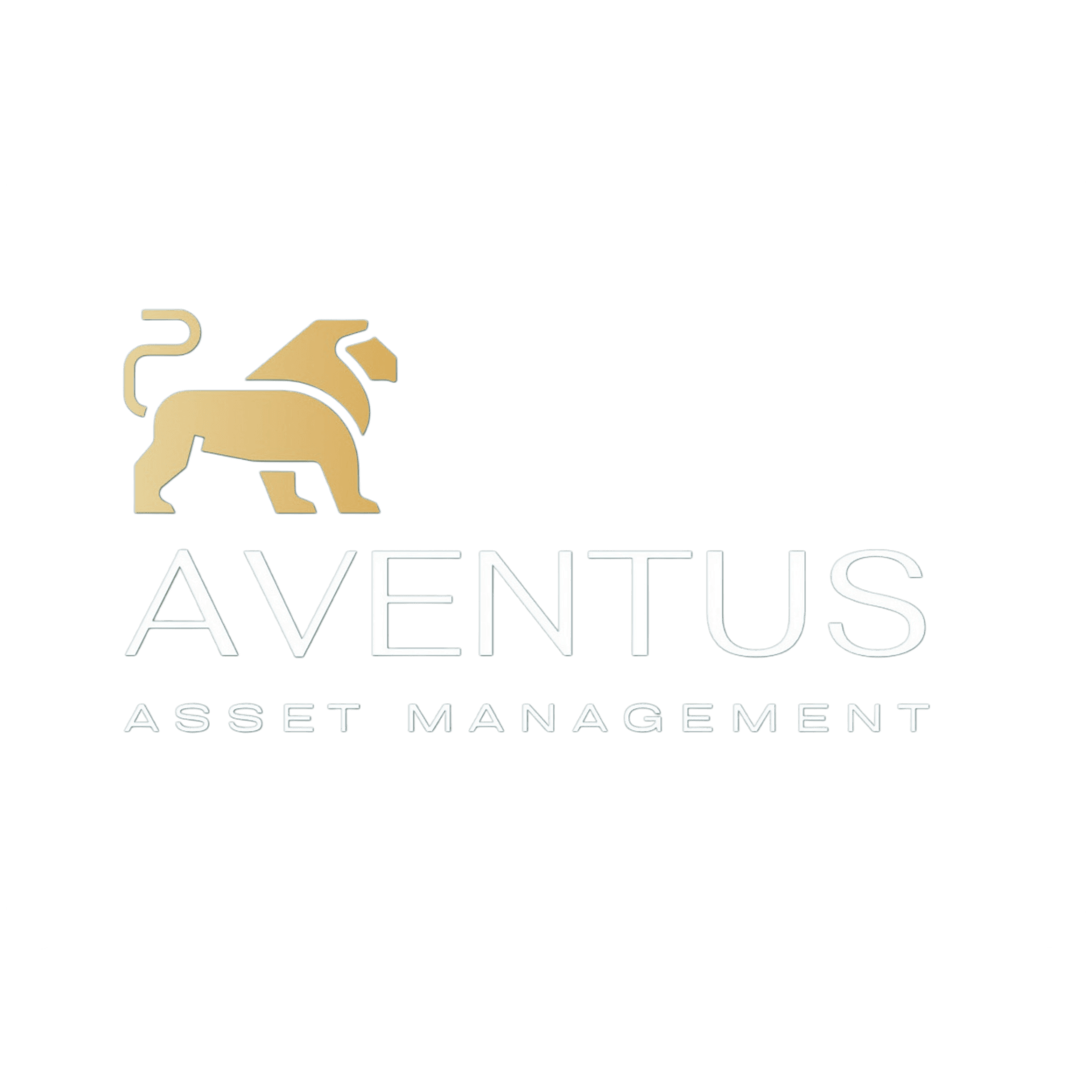Understanding Real Estate Regulations in Saint Kitts and Nevis
Introduction to Real Estate Regulations in Saint Kitts and Nevis
Understanding the real estate regulations in Saint Kitts and Nevis is crucial for anyone looking to invest in this Caribbean paradise. Known for its stunning landscapes and favorable tax policies, it has become an attractive destination for investors worldwide. However, navigating the local legal landscape requires a thorough understanding of the regulations in place.

The Role of the Government
The government of Saint Kitts and Nevis plays a significant role in real estate transactions. They have established laws to ensure transparency and fairness in the market. These regulations are designed to protect both local residents and foreign investors, promoting a stable and secure investment environment.
One of the key regulatory bodies is the Ministry of Sustainable Development, which oversees land development and the issuance of licenses for real estate transactions. Their involvement ensures that developments are environmentally sustainable and economically beneficial.
Alien Landholding License
For foreign investors, obtaining an Alien Landholding License is a critical step. This license grants non-citizens permission to purchase property on the islands. The process involves several steps:
- Submitting an application to the Ministry of Sustainable Development.
- Providing necessary documentation, including financial statements and personal identification.
- Paying the applicable fees, which are generally 10% of the property’s value.
This process ensures that all foreign investments are properly vetted and contribute positively to the local economy.

Property Taxes and Fees
Investors should also be aware of the property taxes and fees associated with real estate in Saint Kitts and Nevis. The government has established a straightforward tax regime, which includes:
- Annual Property Tax: Typically 0.2% of the market value of the property.
- Stamp Duty: Generally around 10% for residential properties at the time of purchase or sale.
These taxes are used to fund public services and infrastructure, contributing to the overall development of the islands.
Citizenship by Investment Program
One unique aspect of investing in real estate in Saint Kitts and Nevis is the Citizenship by Investment Program. This program offers investors a chance to obtain citizenship through significant investment in real estate. Requirements include:
- A minimum investment of $200,000 in government-approved real estate projects.
- Maintaining ownership for at least seven years to retain citizenship status.
This program has attracted numerous investors seeking both property ownership and citizenship benefits.

Conclusion
Understanding the real estate regulations in Saint Kitts and Nevis is essential for anyone considering investment in this beautiful region. By familiarizing yourself with the government’s role, necessary licenses, taxes, and unique investment opportunities like the Citizenship by Investment Program, you can make informed decisions that benefit both you and the local community. As always, consulting with a local legal expert or real estate professional is advised to ensure compliance with all local laws.
